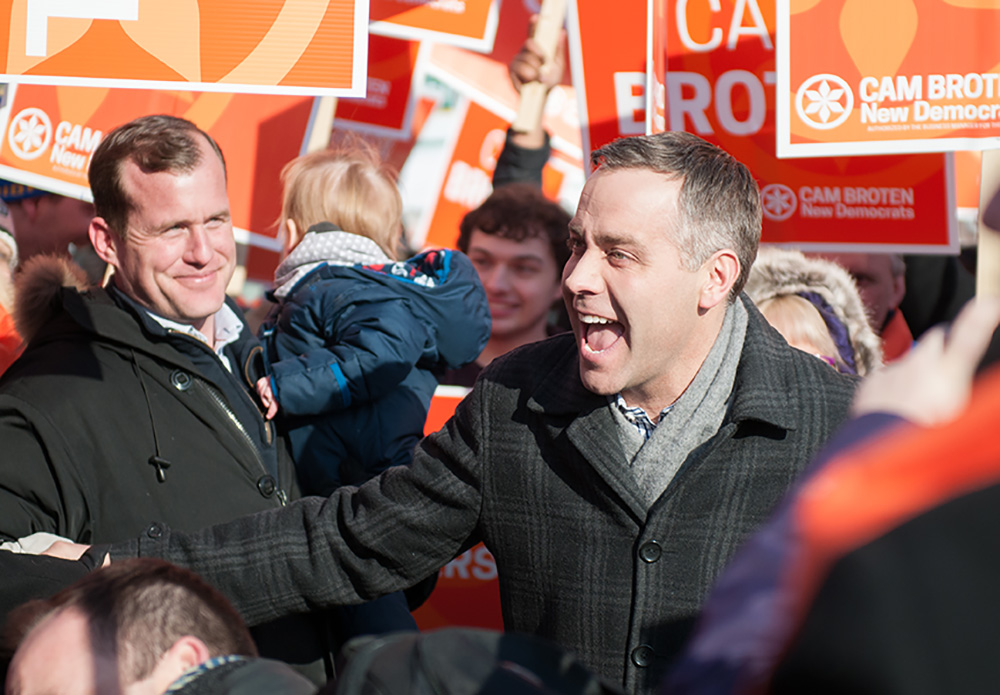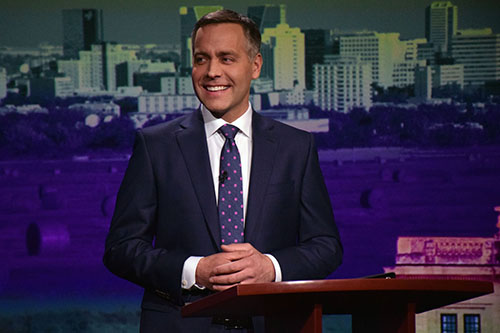Backgrounder by Busayo Osobade
Saskatchewan residents who are out of the province on election day are encouraged to use the various options available to cast their vote and make their voice heard. If you are a student, studying outside the province or a traveler enjoying a holiday abroad, you can and should exercise your right to vote.
One of the tasks of election bodies is to remove barriers for voters to be included in election processes. Advance polls and absentee voting otherwise called voting by mail, make the ballot box accessible to people who are unable to vote in person on election day.
“That’s what election bodies look for is ‘how can we identify group that have barriers to voting and remove the barriers’ that’s kind of why absentee voting makes a different,” said Jim Farney, a politics and international studies professor at the University of Regina.
Elections Saskatchewan is the election management body that oversees provincial and municipal elections.
Although some election bodies limit this type of voting to those travelling or abroad, others like Elections Saskatchewan allow any eligible voter use the option of absentee ballot, as a means to include everyone in the election process. So Saskatchewan residents who are abroad or those that will not be available to vote on election day, April 4, can vote through advance polls and, in special cases, vote by mail or apply as absentee voters to get their ballot kits. This is a good option for out-of-province students and snowbirds, Saskatchewan residents on vacation, military folks that are deployed overseas, or anyone not in the province or their home constituencies on election day.
Although these options make voting easier, ensuring the truthfulness of an absentee ballot presents a challenge that requires some extra rules.
According to Elections Saskatchewan’s website, applications for absentee voting are due eight days before the election (March 28) and the absentee ballots must be received 10 days after election day for envelopes postmarked no later than 8 p. m. on election day. The absentee application, supported by the appropriate proof of identity and residency, including the applicant voter’s signature in a graphical representation, should be submitted by fax or other means of electronic transmission.
Navit Asres, a Regina resident who is eligible to vote in the provincial election but is currently studying abroad for one semester in Spain will vote by mail. Prior to leaving for Spain, she “researched ways to vote from abroad and was aware of the mail option.” But she said “Many people are unaware of the mail option. It is important for people to be aware of all the options given to them (because) voting is an important process.”
Tim Kydd, senior director of communications and outreach for Elections Saskatchewan, said the agency advertised in news media and on its website about the voting option and voters are advised to start applying for the absentee ballot earlier if they choose that option.
Asres advised that online voting should be considered an option for those who are abroad.
“By presenting the right amount of identification, voting online would save a lot of time and potentially collect more votes,” she said.
“The big problem though is not the barrier thing…Each passing generation is less interested in politics and this is a trend pretty much across the industrialized world,” said Farney.
So could absentee voting make any difference in this election?
Farney said he doubts if absentee voting could really make a difference in the provincial election because it is so one-sided.
Special ballots (including absentee ballots) only represented 0.66 per cent of the total ballots cast in the November 2007 Saskatchewan election, noted to Robert E. Hawkins of the Johnson-Shoyama Graduate School of Public Policy, in a presentation to a parliamentary review committee.
Kydd also pointed out that the weather factor might reduce applicants for absentee ballots in this year’s election since the election was rescheduled from November to April.
However, an analysis on Ace, an online knowledge expository that provides information on electoral processes, shows that in 1960 U.S presidential elections, the electoral votes for the state of California went from John F. Kennedy to Richard Nixon after the count of the absentee ballots. So absentee voting can never be underestimated; it could make a difference in the election results.


















